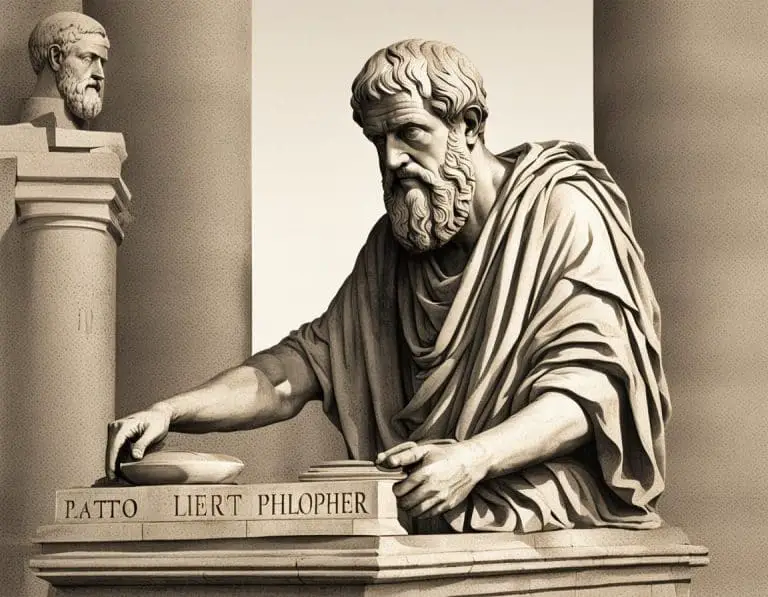Introduction
The relationship between Pythagorean mathematics and Plato’s philosophy is one of profound intellectual influence. The Pythagoreans, an ancient Greek philosophical and religious movement founded by Pythagoras, believed that numbers held the key to understanding reality. Plato, deeply inspired by these ideas, integrated mathematical principles into his metaphysical and epistemological frameworks. This article explores how Pythagorean thought shaped Plato’s philosophy, particularly in his theory of Forms, cosmology, and educational doctrine.
The Theory of Forms and Mathematical Abstraction
One of the most significant areas where Pythagorean mathematics influenced Plato is in his Theory of Forms. Pythagoreans viewed numbers as the underlying structure of reality, a notion that resonated with Plato’s belief in abstract, non-material Forms. Just as mathematical truths exist independently of the physical world, so too did Plato argue that Forms exist beyond sensory perception. In dialogues such as the Republic and Phaedo, Plato asserts that mathematical entities exemplify the immutability and perfection of Forms, suggesting that numbers and geometric shapes provide a gateway to higher knowledge.
Cosmology and the Harmony of the Universe
Plato’s cosmological views, particularly in the Timaeus, reflect strong Pythagorean influences. The Pythagoreans held that the universe operates according to mathematical harmony, an idea that Plato developed further in his description of the cosmos as an ordered, geometric entity. In the Timaeus, Plato explains that the Demiurge, or divine craftsman, structured the universe using mathematical principles, particularly geometry. He describes the world as composed of the five regular solids (the Platonic solids), emphasizing that numerical ratios underpin cosmic balance. This belief in mathematical harmony aligns closely with the Pythagorean doctrine that numbers govern the order and beauty of the universe.
Mathematical Education and the Path to Wisdom
Plato’s emphasis on mathematical training as a prerequisite for philosophical enlightenment also stems from Pythagorean thought. In the Republic, he outlines an educational curriculum that includes arithmetic, geometry, astronomy, and harmonics, disciplines the Pythagoreans revered. According to Plato, mathematical study cultivates rational thought and leads the soul toward the apprehension of absolute truth. He famously inscribed “Let no one ignorant of geometry enter here” at the entrance of his Academy, underscoring the foundational role of mathematics in intellectual development and the pursuit of wisdom.
Pythagorean mathematics profoundly shaped Plato’s philosophical vision, influencing his Theory of Forms, cosmology, and educational philosophy. By integrating numerical principles into his metaphysical framework, Plato reinforced the idea that knowledge is rooted in immutable, abstract truths rather than empirical observation. His mathematical approach to philosophy not only strengthened the intellectual rigor of his ideas but also laid the groundwork for future developments in metaphysics, science, and mathematical philosophy. Ultimately, the interplay between Pythagorean thought and Platonic philosophy continues to inspire discussions about the fundamental nature of reality and knowledge.
